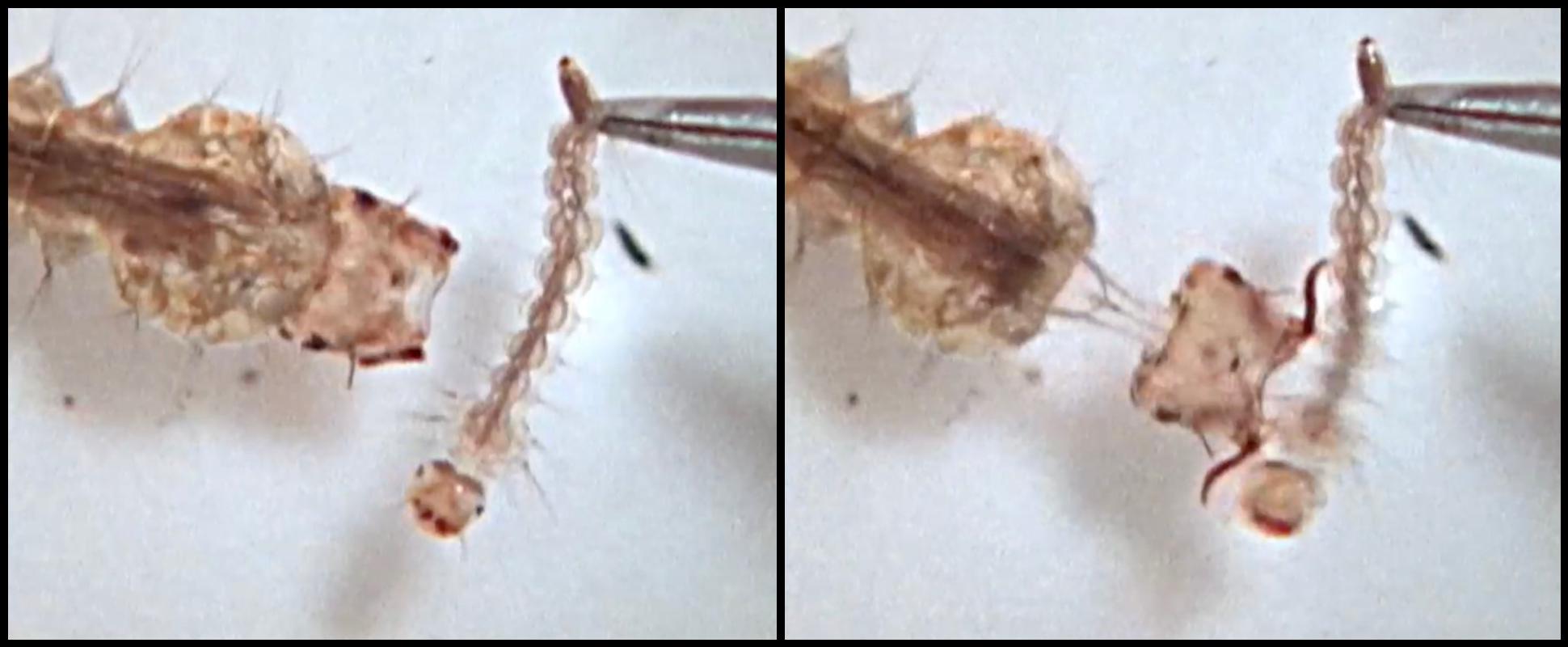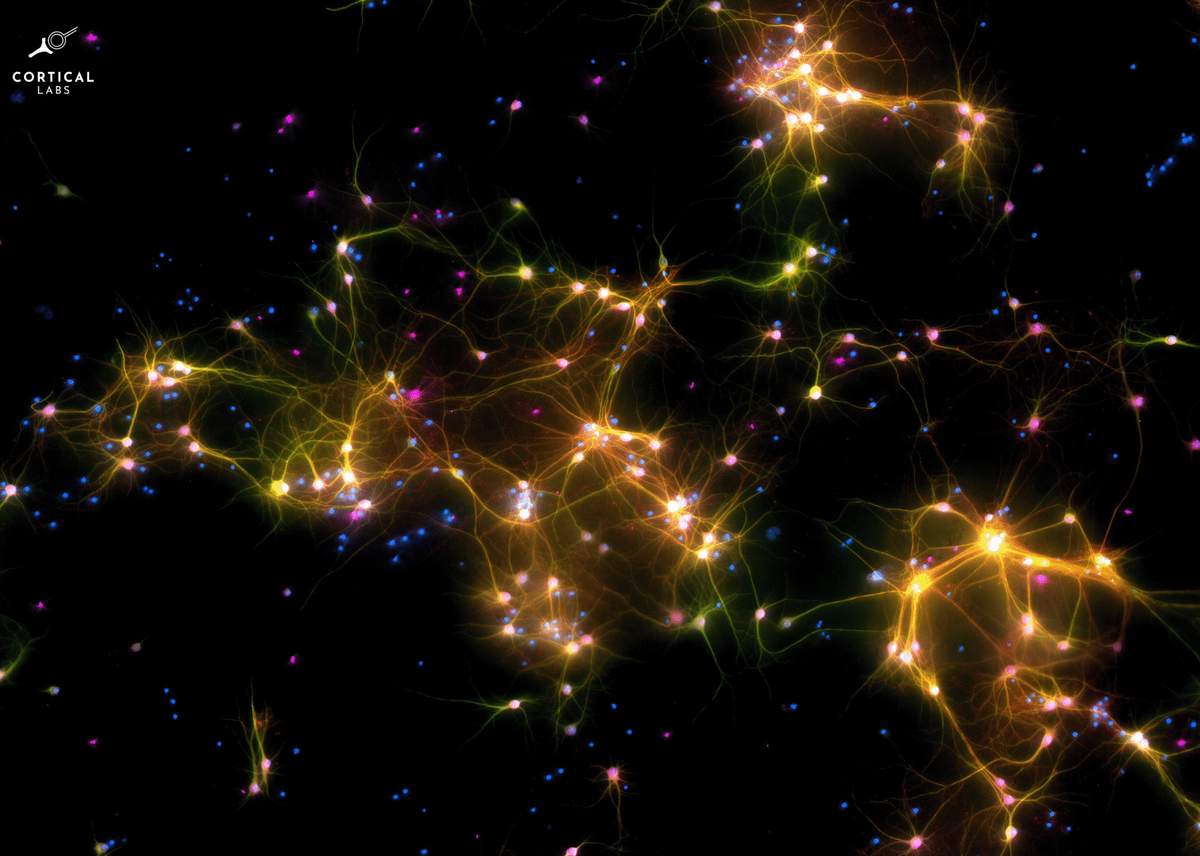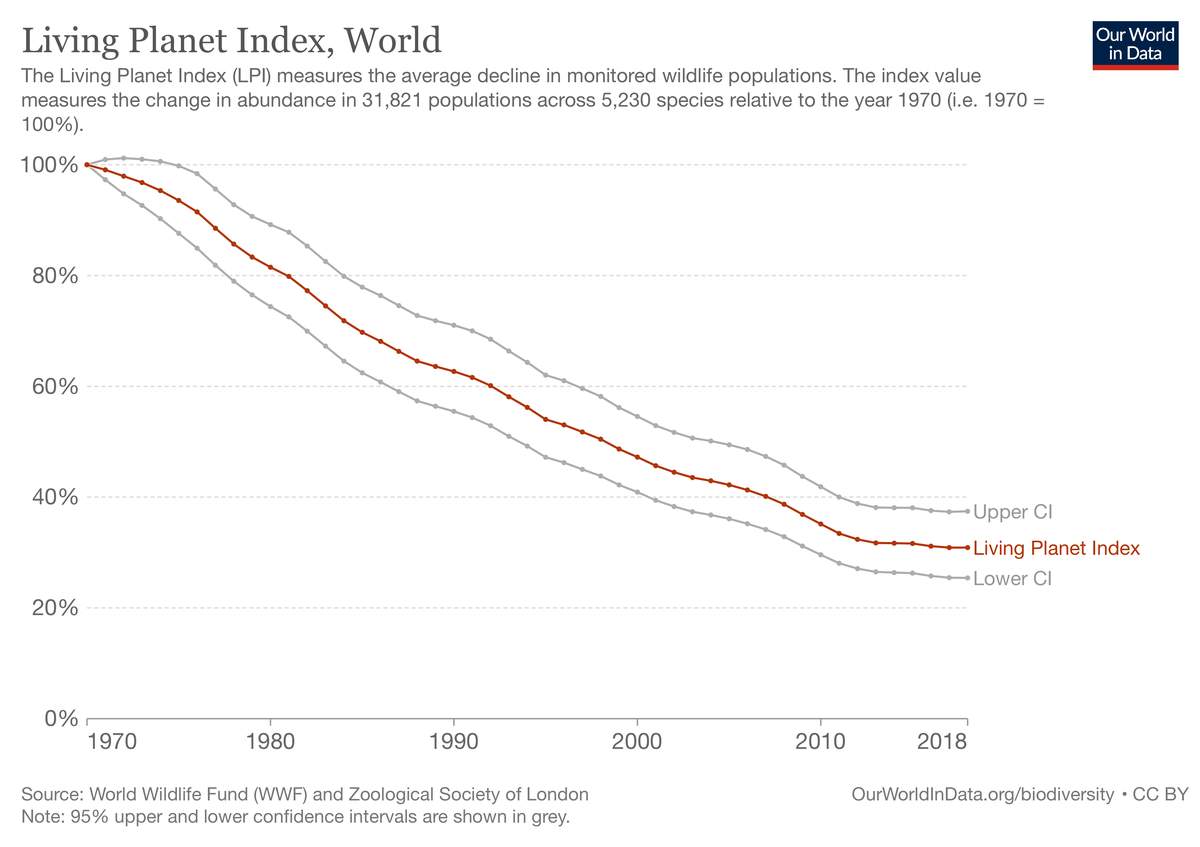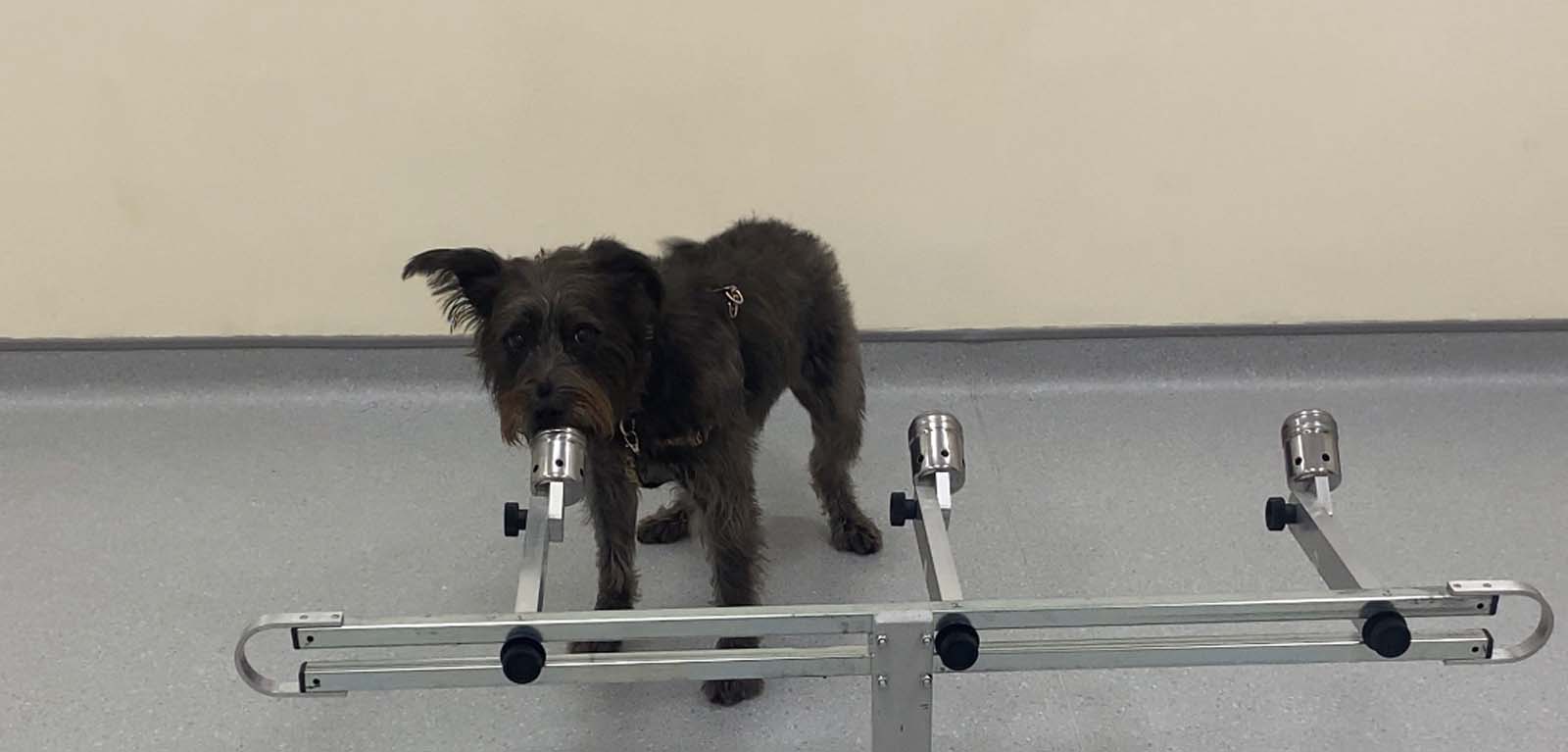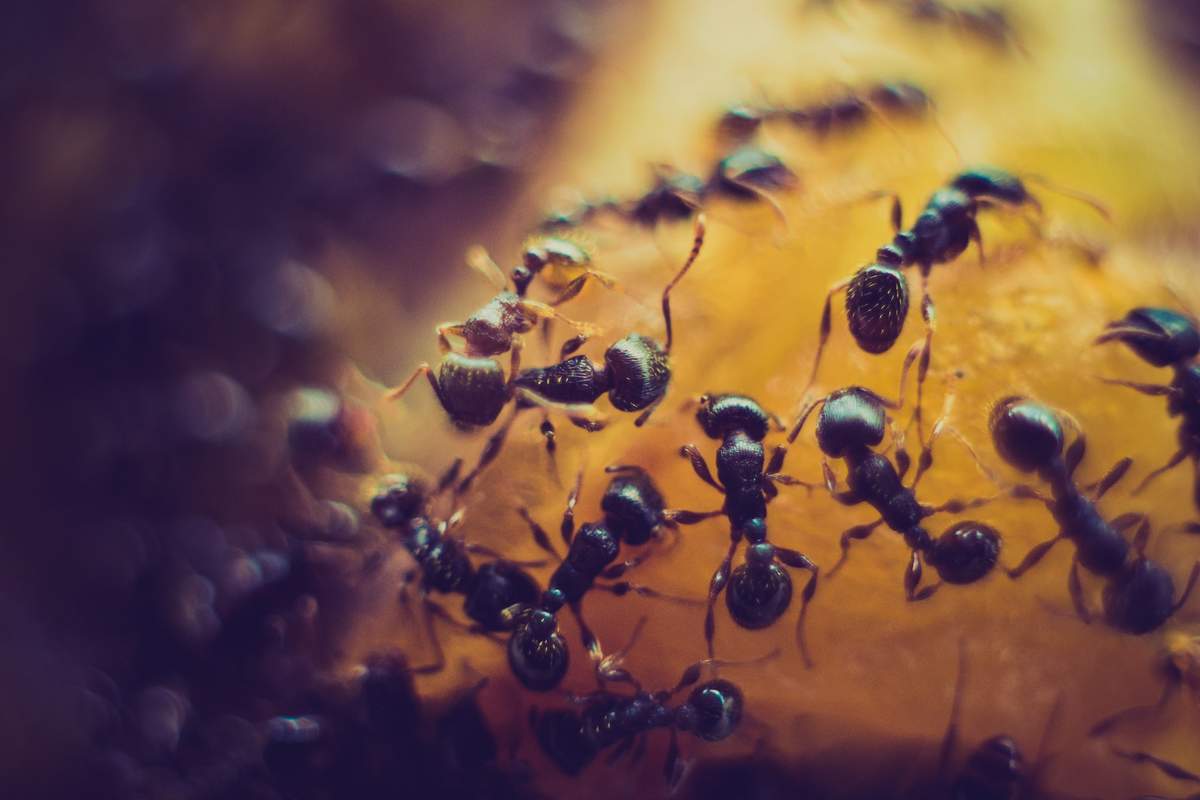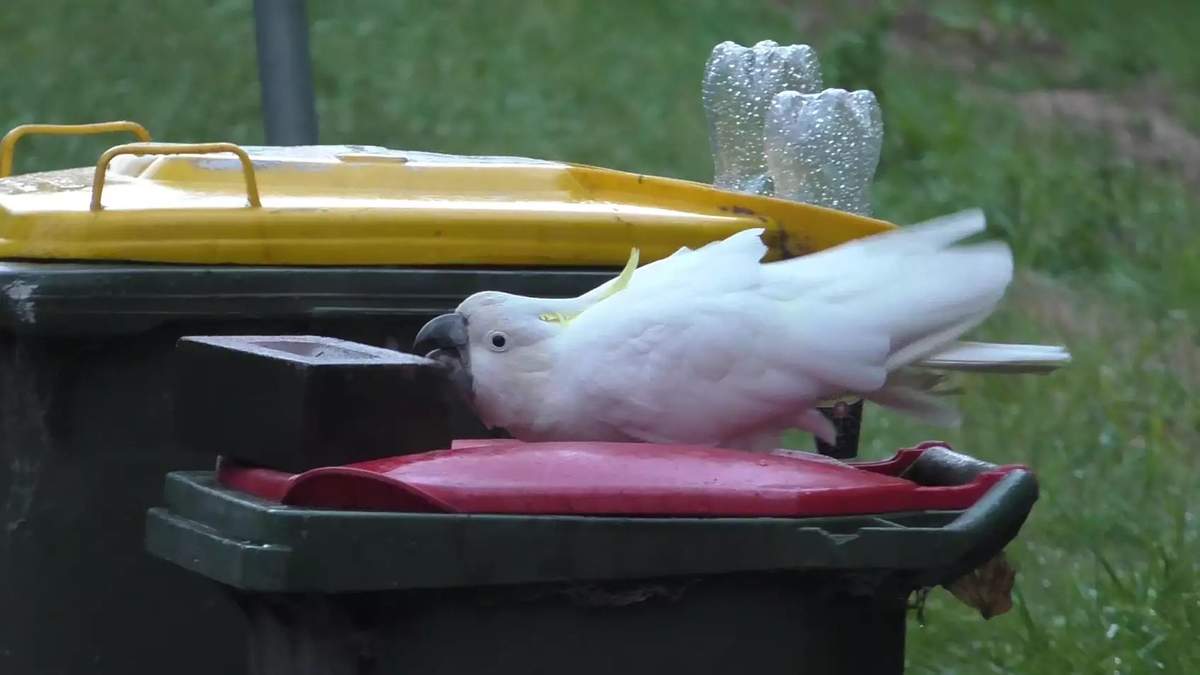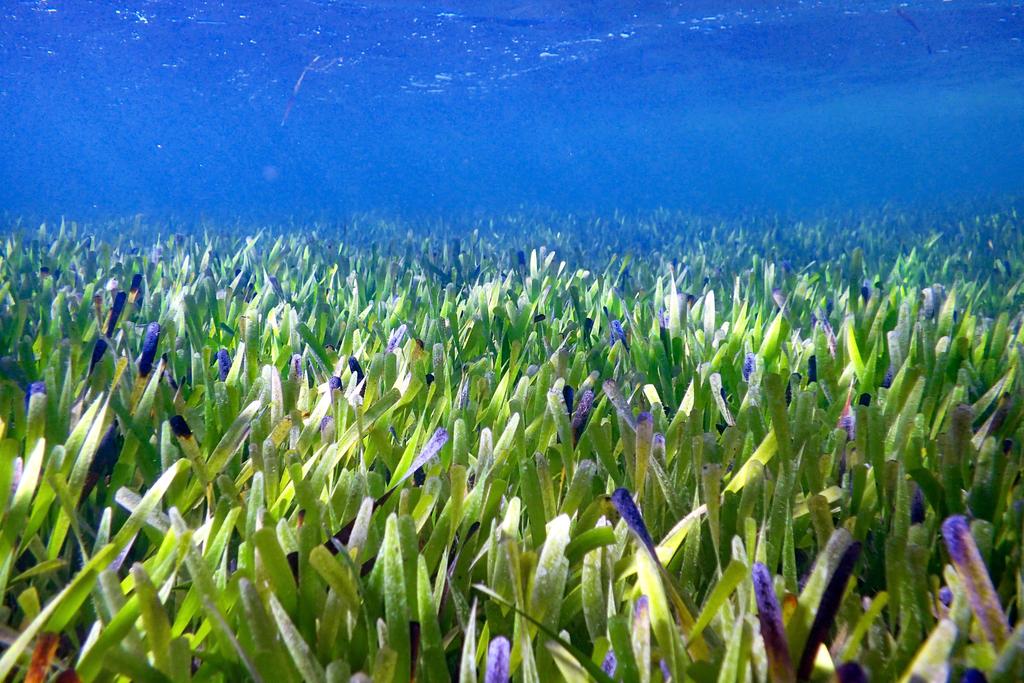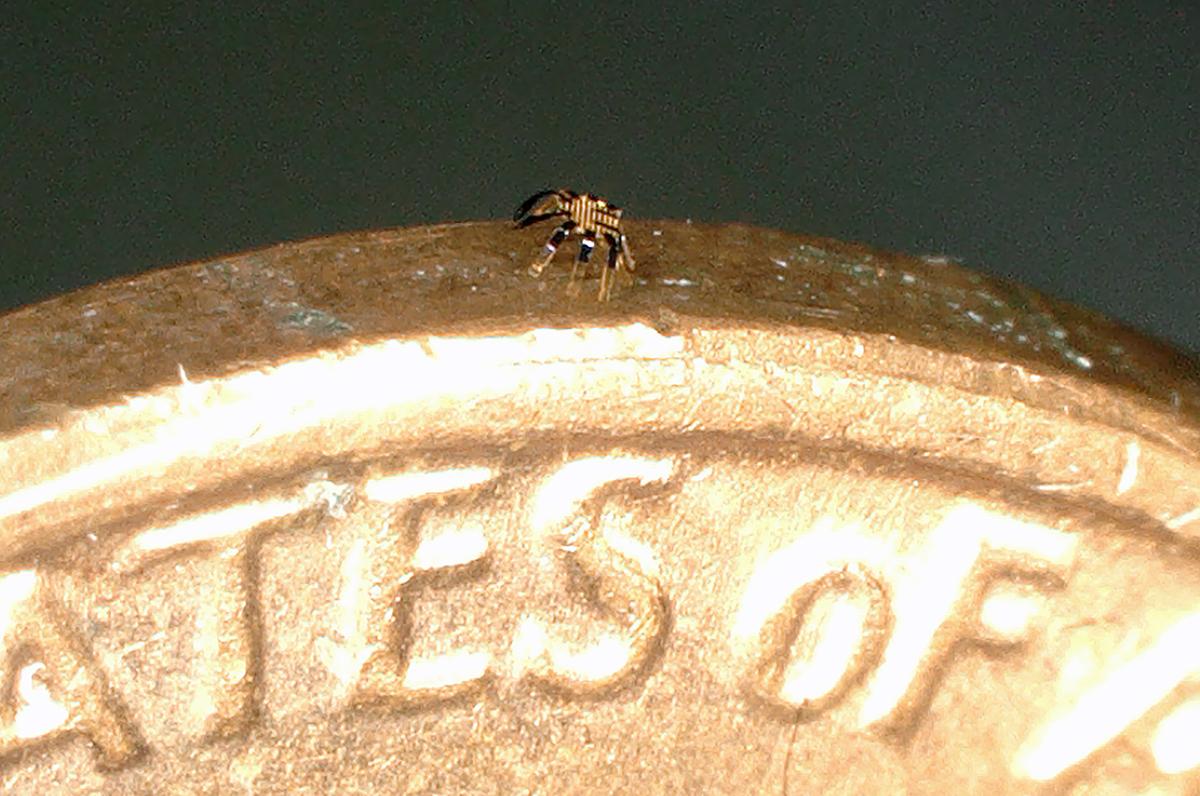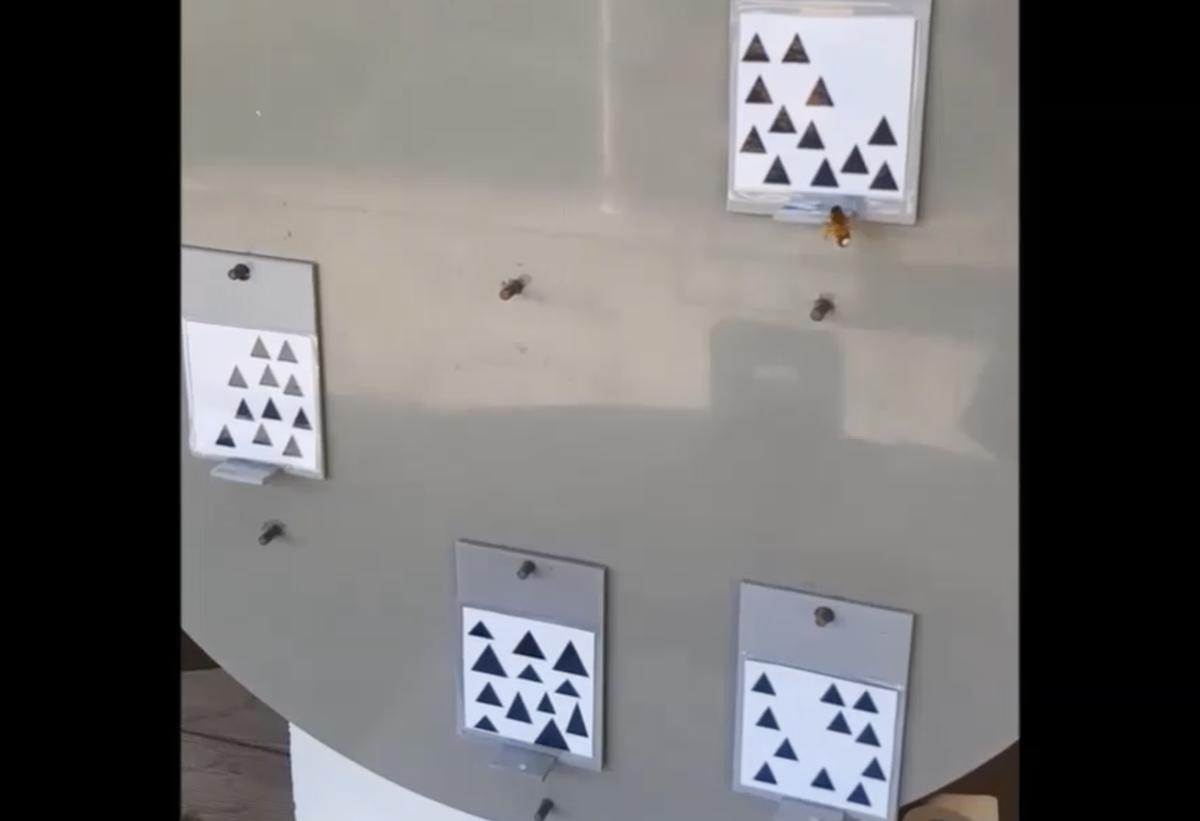Most mosquitoes are annoying, and a serious health risk. But some aren't. A few even help get rid of other mosquitoes. Now, scientists have discovered the head-popping secret that turns the larvae of some mosquitoes into deadly hunters of other mosquitoes.
Posts tagged as “scientists”
Researchers in Australia have shown that human nerve cells in a dish can form a "brain" that can learn to play a simple video game. The research could help scientists understand the brain better. It could also lead to new kinds of computers.
A recent report by the World Wildlife Fund and the Zoological Society of London shows that, on average, wildlife numbers have dropped sharply since 1970. The main cause of the drop is human activity. The report is alarming, but there are some signs of hope.
The US government has approved a new purple tomato for growing and selling in the US. The special kind of tomato was created by making changes to its DNA. The creators say the tomatoes will last longer and could help make people healthier.
In today's news roundup, the winners of several Nobel Prizes are announced, Aaron Judge sets a record with his 62nd home run of the season, and a lottery in the Philippines has a surprising 433 winners.
If you've ever thought that dogs seem to know when people are stressed, you were right. Scientists in Ireland ran an experiment which showed that dogs can tell the difference between the smell of a person when they're relaxed and when they're stressed.
In today's news roundup, young men race to leave Russia as it looks for more soldiers, earthquakes strike in Mexico and Taiwan, and scientists report that there are 20 quadrillion ants on the planet.
Scientists report that people in Sydney, Australia are in a battle with cockatoos. The birds have learned to open the lids on trash bins, and people are figuring out new ways to keep the lids closed. But the clever birds are quickly discovering new tricks.
Scientists have discovered what they believe is the world's largest plant, an underwater field of sea grass that stretches for 112 miles (180 kilometers) off the west coast of Australia. The sea grass plant is believed to be around 4,500 years old.
Scientists recently announced the world's tiniest remote-controlled robots. Small enough to sit on the side of a penny, the robots can be controlled by a laser. The scientists say one day robots like these may be able to work in areas too small for tools.
In the past, scientists have shown that bees have some surprising math skills. Now, new research shows that bees can even be trained to tell the difference between odd and even numbers. Before this, humans were the only animals known to have this ability.

